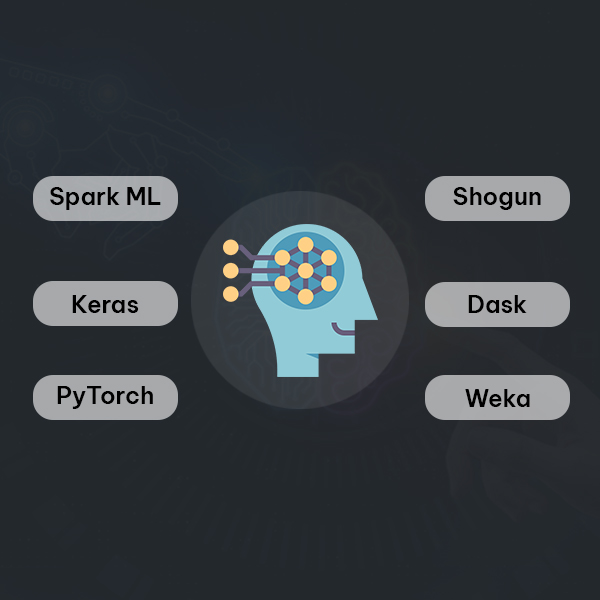Machine Learning and Manufacturing: Advantages and Disadvantages of Open-Source Datasets

Machine learning (ML) and manufacturing can be greatly enhanced by the use of open-source datasets. Let's explore the advantages and disadvantages of utilizing open-source datasets in this context:
Advantages:
- Accessibility: Open-source datasets are freely available to the public, allowing manufacturers, researchers, and developers to access a wide range of data without financial barriers. This accessibility promotes collaboration, innovation, and the democratization of machine learning applications in manufacturing.
- Cost-Effective: Open-source datasets eliminate the need for manufacturers to invest in expensive data acquisition or licensing fees. This can significantly reduce costs associated with data collection, especially for smaller manufacturers with limited resources.
- Diversity and Variety: Open-source datasets often come from various sources, which leads to increased diversity and variety of data. This diversity can enhance the robustness and generalization of machine learning models, enabling them to perform better across different manufacturing scenarios.
- Community Contributions: Open-source datasets often encourage contributions from the community. This means that experts from different domains can contribute their knowledge and expertise, resulting in more comprehensive and accurate datasets. The collective effort of the community can lead to datasets that are constantly updated and improved over time.
- Benchmarking and Comparison: Open-source datasets provide a common ground for benchmarking and comparing different machine learning algorithms or models. Manufacturers can evaluate their own models against established baselines and measure their performance objectively. This allows for more accurate evaluation and comparison of different machine learning approaches in manufacturing.
Disadvantages:
- Data Quality and Reliability: Open-source datasets can vary in terms of quality, reliability, and consistency. Since these datasets are often contributed by various individuals or organizations, there may be variations in data collection methods, data integrity, and labeling accuracy. Manufacturers need to be cautious about the quality and reliability of the datasets they choose to work with.
- Limited Domain-Specific Data: Open-source datasets may not always cover specific manufacturing domains or niche applications. Industries with highly specialized processes or unique requirements may struggle to find open-source datasets that align with their specific needs. In such cases, manufacturers may need to invest in creating or acquiring proprietary datasets to address their specific challenges.
- Intellectual Property Concerns: When using open-source datasets, manufacturers need to be aware of potential intellectual property issues. Some datasets may have restrictions on commercial use or may require attribution to the original authors. Manufacturers must ensure compliance with any licensing or usage requirements associated with the open-source datasets they utilize.
- Lack of Customization: Open-source datasets are created to serve a broad range of users, and they may not perfectly align with the specific needs of a manufacturing operation. Manufacturers may require customized datasets that reflect their unique processes, equipment, or environmental conditions. In such cases, open-source datasets may provide only a starting point, requiring further customization and augmentation.
- Data Security and Privacy: Open-source datasets may contain sensitive or proprietary information, and manufacturers need to be cautious about the potential security and privacy risks associated with using such datasets. Proper anonymization and data de-identification techniques should be employed to protect the privacy of individuals or organizations represented in the data.
In summary, open-source datasets can provide significant advantages to machine learning in manufacturing, including accessibility, cost-effectiveness, diversity, and community contributions. However, manufacturers need to carefully evaluate the quality, reliability, and domain-specific relevance of the datasets and address potential concerns related to data security, privacy, and intellectual property rights.


